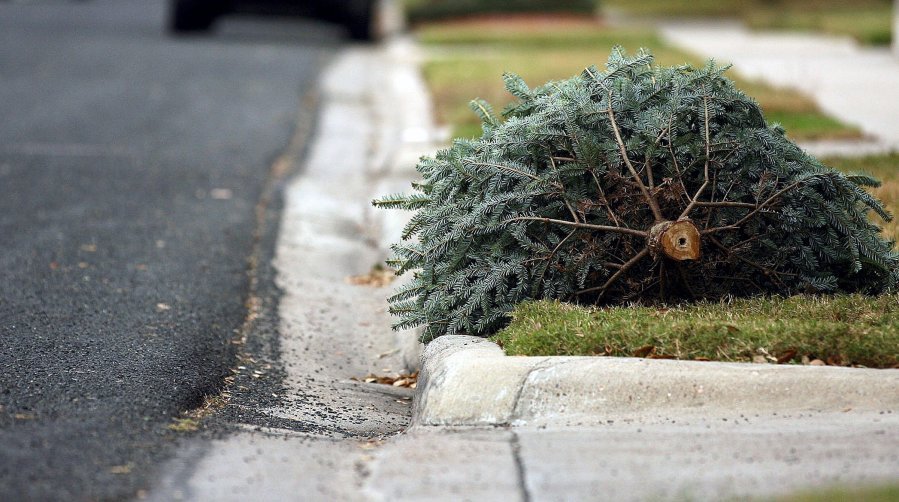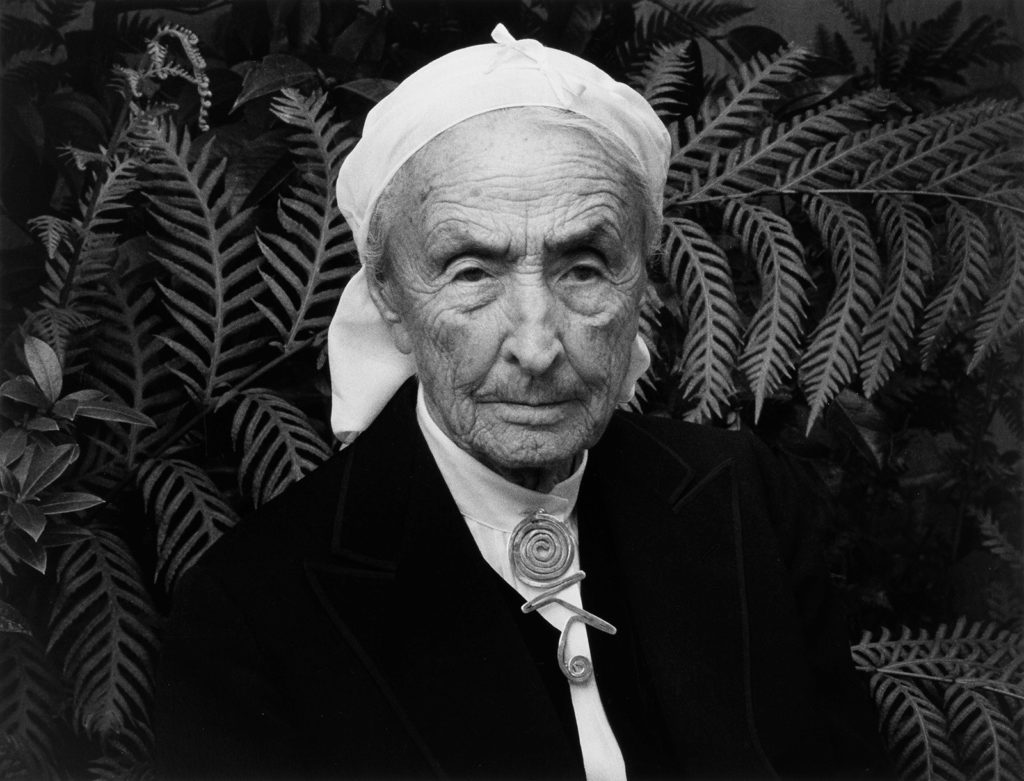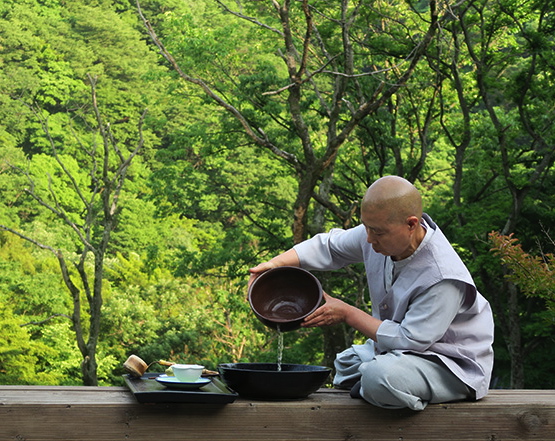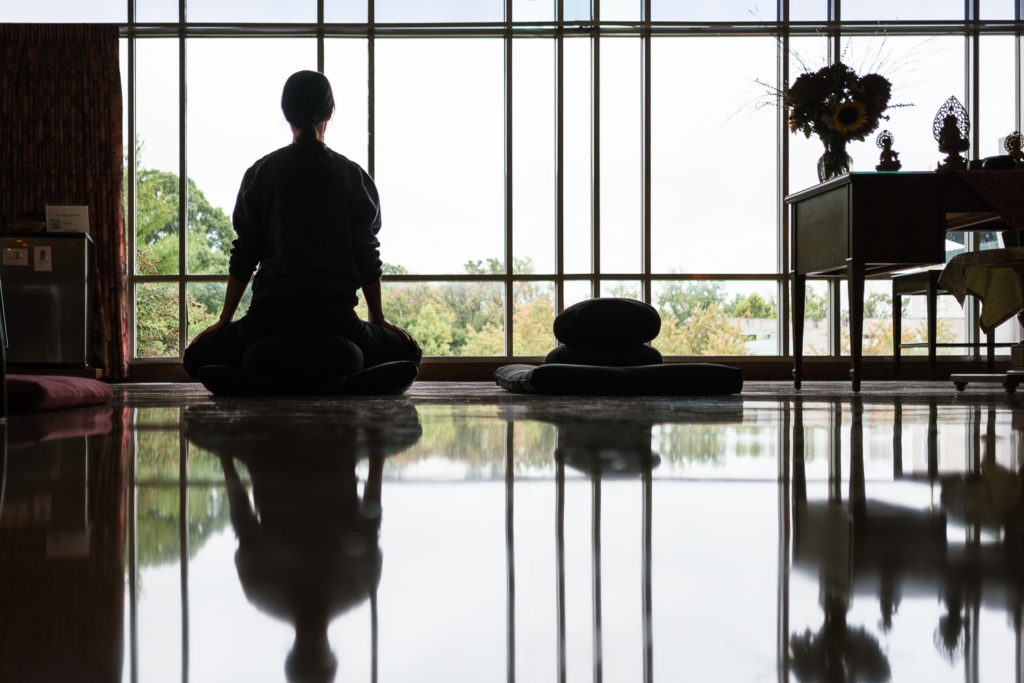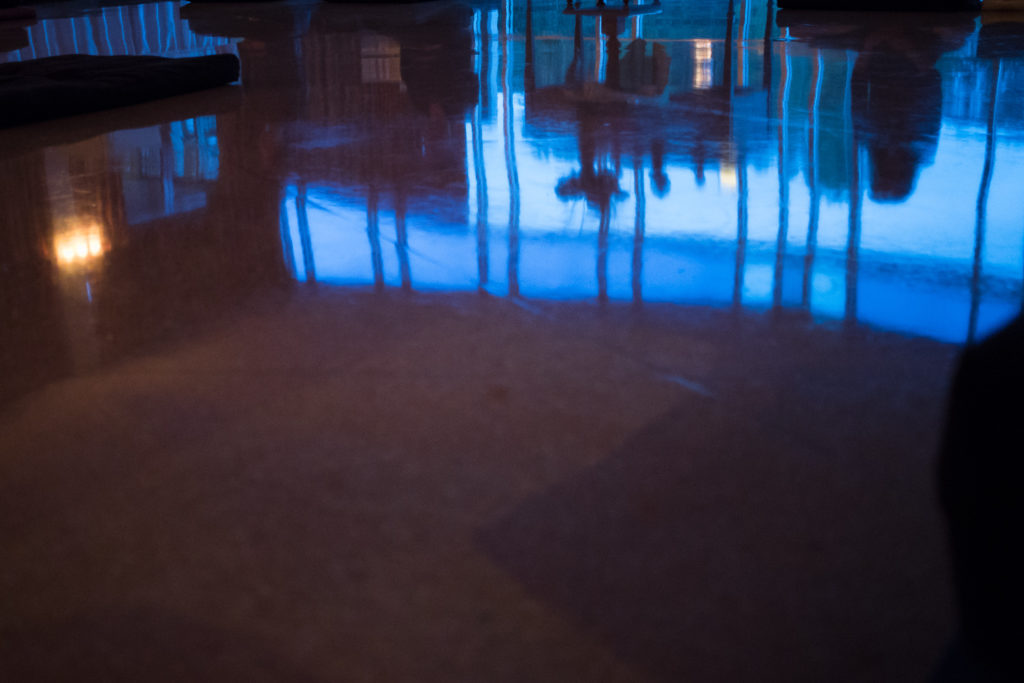This morning I went into the backyard and took this photo of the Japanese maple, which is just now starting to change color. You might look at it and think, isn’t that lovely, and it is, but the color change used to take place in early November. The old calendar is obsolete.
This is my daughter’s final semester of high school. In the fall, she will be moving to New York to start college. I don’t know any more than that. I don’t know what will happen then or after. It’s not my life. I might have pretended I wasn’t obsessed with the future for these last 18 years or so, but that was a lie. Before our children leave home we have a pretty clear idea of what we expect to happen the next day, week, month and year. We’re all in. But now the future has finally escaped my grasp, leaving my hands ready for—ready for what?
A new year always brings with it the drive for change and renewal, but this one seems pointed straight at my keister. Everywhere I turn I see the message: What will you do with your days? What will you try now? What is it time for? How far will you go?
My friend Mary Trunk has a new documentary project, Muscle Memory. A former dancer and choreographer, she reunited with her college dance buddies after 30 years and filmed them learning new dance steps while they talked about how they’d changed since their glory days. Were they still willing to take risks, create, and discover new things about themselves? I find the answers mesmerizing.
Muscle Memory #1 from Mary Trunk on Vimeo.
A few months ago my daughter asked me the very question lurking around these margins. “What will you do after I leave?” She beamed her electric smile at me, buzzing with her approaching freedom. I shrugged. “You could write a book about raising a teenage daughter!,” she said. She was trying to help, and she meant it. She was giving me her permission. It was a kick, a jump, a start. Let’s see how far I’m willing to take it.
***
Maia Duerr has written a handy new book right up this alley, Work That Matters, a wise and realistic step-by-step guide to finding a livelihood that you love. If the questions on my mind are the questions on your mind, this book can start you off in the right direction. Leave a comment on this post for a chance to win a brand-new copy and a brand-new you.


 For everyone.
For everyone.

